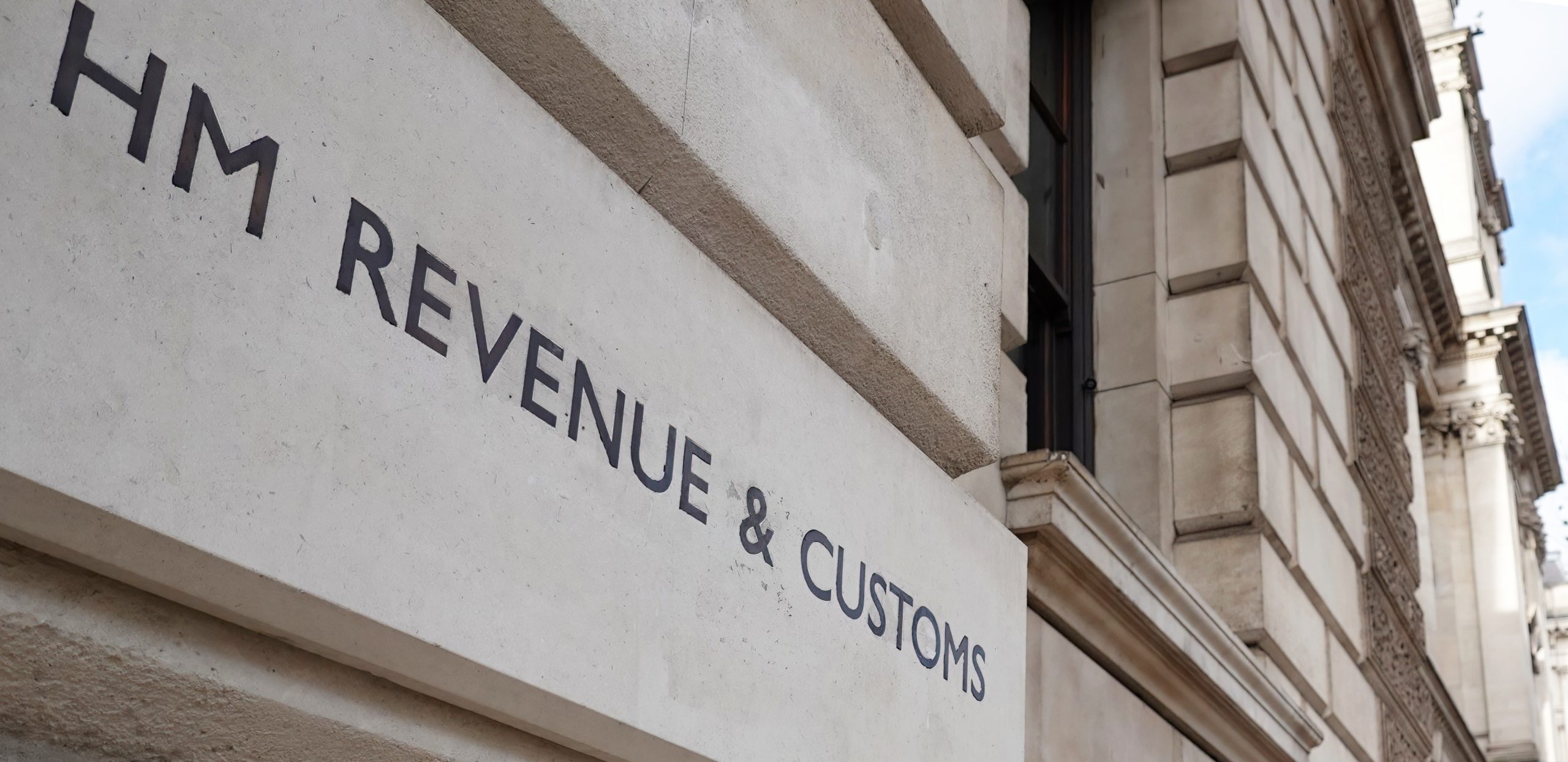
Finance
As the UK faces rising fiscal pressures and persistent inflation, policymakers are revisiting one of their most reliable sources of revenue — the banking sector. With growing calls to increase taxes on large financial institutions, investors and customers alike are watching closely. Understanding how and why such a move might occur offers valuable insight into the relationship between government budgets, interest rates, and the broader credit system.
Banks in the UK have enjoyed a period of record profitability since interest rates began rising in 2022. Higher borrowing costs have widened the gap between the rates banks charge on loans and those paid on deposits, significantly boosting net interest margins. While this benefits shareholders, critics argue that the public sector — facing budget shortfalls — should share in those gains.
The chancellor’s potential move to increase the banking surcharge or windfall tax stems from this imbalance. Simply put, as higher interest rates make credit more expensive for households and businesses, the government sees an opportunity to redirect some of the financial sector’s extraordinary profits toward public spending priorities, such as infrastructure and social services.
A tax hike would likely affect how banks allocate capital and price financial products. Institutions might respond by tightening credit conditions, reducing lending volumes, or increasing fees on checking accounts, mortgages, and business loans. Smaller lenders — already under pressure from rising compliance costs — could face additional strain, potentially reshaping competition in the sector.
However, some analysts argue that the impact on consumers may be limited in the short term. Many banks have already built strong capital buffers following post-crisis regulation. As a result, they could absorb moderate tax changes without significantly altering lending conditions or deposit rates. Yet over time, higher taxation could discourage investment in digital banking innovation or riskier credit segments, slowing financial modernization.
The debate over bank taxation is not purely economic — it’s political. With public finances stretched and elections approaching, policymakers are under pressure to demonstrate fairness in the system. Raising bank taxes sends a symbolic message: that profitable institutions contribute proportionally more to national recovery.
Still, the balance is delicate. Over-taxation could undermine the competitiveness of London’s financial hub, prompting international banks to shift operations elsewhere. For this reason, Treasury officials are expected to consult with regulators and industry representatives to avoid destabilizing the sector.
A moderate rise in bank taxes could help fund government spending without significantly raising borrowing costs. But it also highlights a recurring tension in modern economies — how to sustain fiscal responsibility while fostering financial innovation.
Closing Insight:
If implemented carefully, higher bank taxes could support fiscal stability without damaging the credit ecosystem. Yet the measure will test the government’s ability to balance fairness and competitiveness. In the long run, the evolution of bank taxation in the UK will reflect not just fiscal needs but also how policymakers view the role of finance in driving sustainable economic growth.
 Previous Post
Previous Post
Swiss National Bank Lifts Curtain on Interest Rate Talks with New Transparency Policy
 Next Post
Next Post
From Singapore to Seoul: How Diverging Stablecoin Rules Are Reshaping Asia’s Digital Banking Landscape
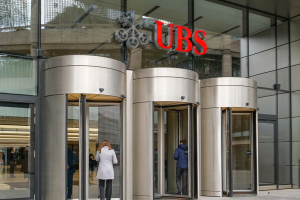
February 26, 2026

February 26, 2026
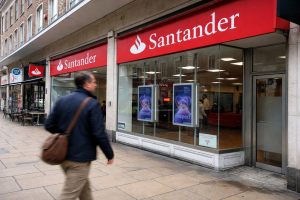
February 26, 2026

February 26, 2026
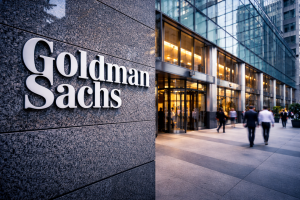
SKN | Goldman Sachs Cuts Salesforce Target to $281, Reaffirms Buy Rating

SKN | UBS Revises UK Gilt Supply Outlook: What Slower Borrowing and Higher Issuance Mean for Sovereign Allocation
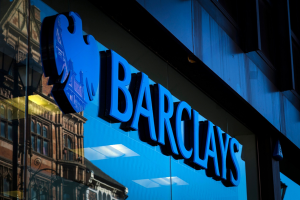
SKN | Barclays Lowers BXP Target but Maintains Overweight: What This Signals About Commercial Real Estate Risk Calibration